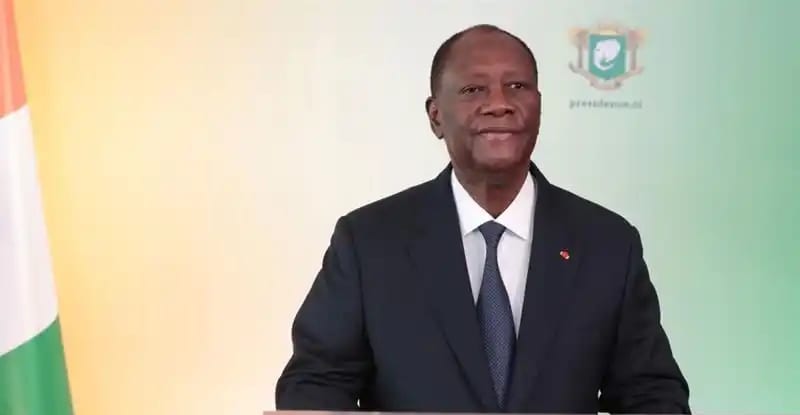Last updated on September 11th, 2021 at 08:17 am
As the presidential election approaches in Ivory Coast, Incumbent president Alassane Ouattara will be hoping to get re-elected, he will face though opposition for the prestigious position.
Be that as it may, its shortcomings are inescapable neediness and pay imbalance, the aftermath from the Covid pandemic and the vulnerabilities of the official voting form itself.
Ouattara, who came to control in 2011 after bleeding post-political decision strife, is blamed by pundits for evading protected cutoff points in looking for a third term in office.
Since 2010, Ivory Coast’s GDP dramatically increased from $25.4 billion (21.5 billion euros) to $58.8 billion out of 2019, making it the quickest developing economy in West Africa.
Development since 2011 has been around seven to eight percent every year, driven particularly by telecoms and different administrations, and upheld by weighty framework venture, in power, streets and drinking water.
President Ouattara will be hoping to get re-elected for the prestigious position so as to improve on areas like unemployment and the poverty rate of the country.

